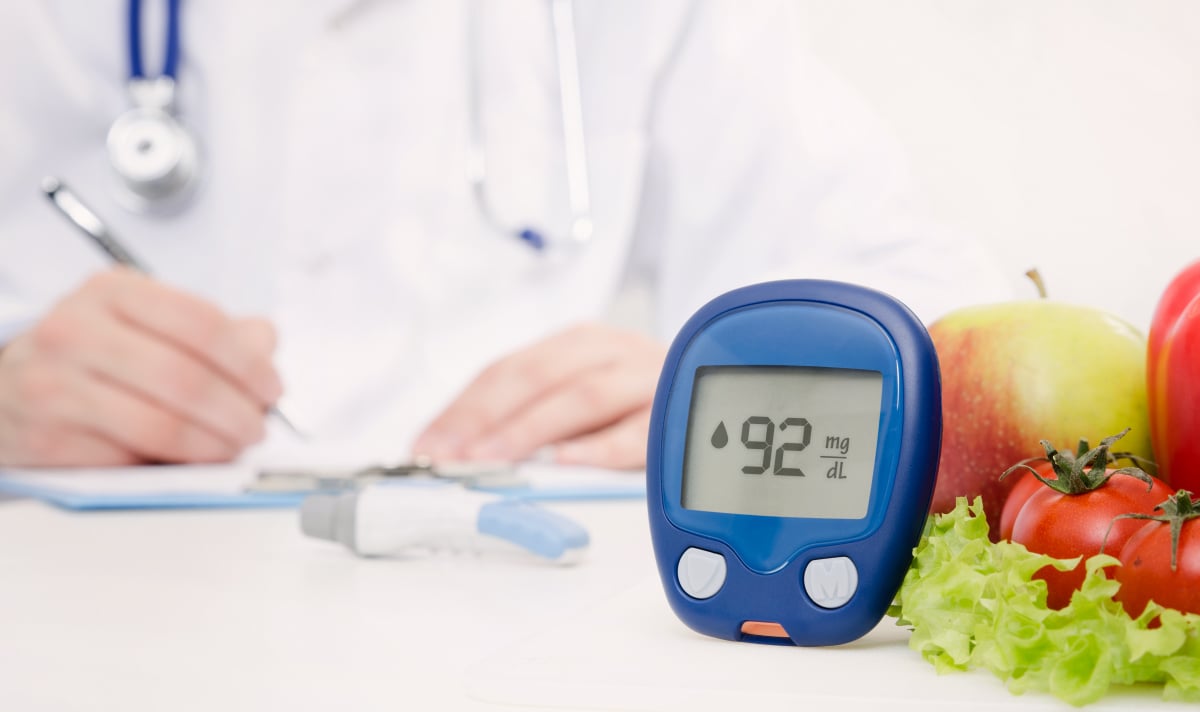Many people are familiar with diabetes, but prediabetes, a condition that hasn’t yet progressed to full-blown diabetes, is often overlooked. Understanding, preventing, and managing this condition is crucial, not only to reduce the risk of chronic diabetes but also to maintain blood sugar levels and protect overall health from various diseases.
What is Prediabetes?
Prediabetes (Prediabetes) , also known as latent diabetes, is a condition where the body has higher than normal blood sugar levels due to dysfunction in its sugar control system, but not high enough to be classified as diabetes. Because of this, most people are unaware they are in this state and fail to manage it properly, thereby increasing the risk of developing diabetes later. Importantly, prediabetes can also lead to heart disease and cerebrovascular disease.
What Causes Prediabetes?
Although the exact cause of prediabetes is not yet known, abnormal blood sugar levels, especially when the pancreas doesn’t produce enough insulin to meet the body’s needs or when the body responds sluggishly to insulin, can lead to prediabetes. In addition, genetic factors, overweight, high cholesterol, and lack of exercise can all contribute to the onset of prediabetes.
Who is at Risk of Prediabetes?
- People aged 35 and above
- People who are overweight or obese
- Patients with high blood pressure or high cholesterol
- Patients with heart and vascular diseases
- People with polycystic ovary syndrome
- People with a family history of diabetes
- Women who had gestational diabetes
- Smokers
What are the Symptoms of Prediabetes?
- Excessive thirst
- Frequent urination
- Increased hunger
- Fatigue
- Blurred vision
- Or no symptoms at all
How to Diagnose Prediabetes?
Doctors diagnose prediabetes using the following methods:
- Fasting plasma glucose test after 8 hours of fasting. Blood sugar levels between 100 and 125 milligrams per deciliter (mg/dL) indicate prediabetes.
- Oral glucose tolerance test (OGTT). After drinking glucose solution, if blood sugar levels are between 140 and 200 mg/dL, it indicates prediabetes.
- Hemoglobin A1C test (HbA1C). This test measures average blood sugar levels over 3 months. Levels between 5.7% and 6.4% indicate prediabetes.

Treatment for Prediabetes
Treatment for prediabetes mainly involves lifestyle changes. These include:
- Maintaining a healthy weight
- Exercising regularly, at least 150 minutes per week
- Reducing consumption of sugary, fatty, and salty foods
- Quitting smoking
- If lifestyle changes are ineffective, medication may be prescribed by a doctor.
How to Prevent Prediabetes?
- Regular annual health check-ups
- Frequent blood sugar monitoring every 3 months in at-risk cases
- Maintaining normal blood pressure levels of 140/90 mm Hg
- Keeping cholesterol levels within normal limits
- Eating a healthy diet, exercising regularly, and maintaining a healthy weight
- Getting 7-8 hours of sleep each night
Doctors Specializing in Prediabetes Treatment
Dr. Sithiphol Chinnapongse Director of the Diabetes, Thyroid, and Endocrine Center at Bangkok Hospital
You can click here to make an appointment.
Hospitals Specializing in Prediabetes Treatment
Bangkok Hospital is ready to care for those with prediabetes and diabetes patients with an experienced team of specialists and multidisciplinary staff who provide close consultation and care, ensuring good health and a high quality of life every day.









